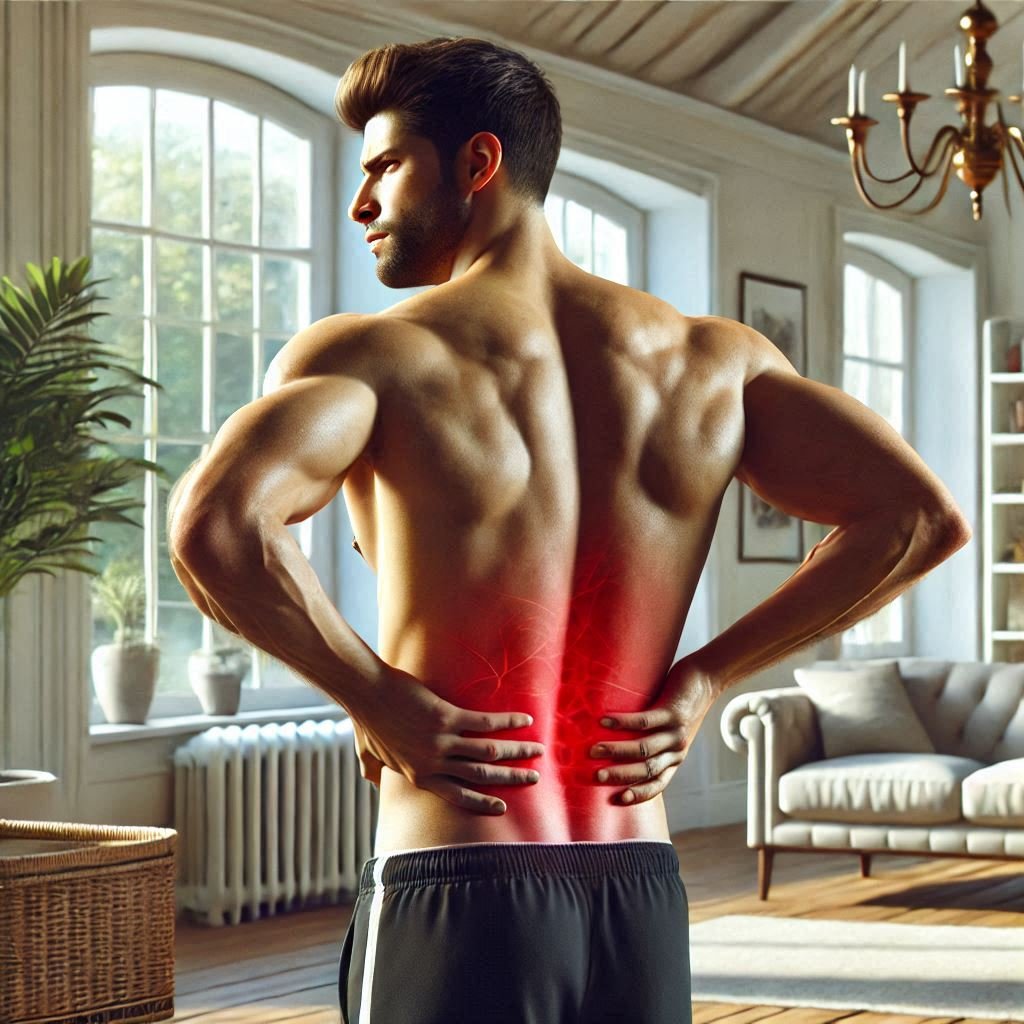
Hemorrhoids are swollen veins in the anal canal. Hemorrhoids are enlarged, painful veins in your rectum. They may result from straining during a bowel movement or the increased pressure on these veins during pregnancy, among other causes. In the USA, the prevalence is about 4.4%. It is estimated that approximately one half of all Americans have had this condition by the age of 50, and that 50% to 85% of the world’s population will be affected by hemorrhoids at some time in their life.
Hemorrhoids are associated with constipation and straining at bowel movements as well as pregnancy. The causes of hemorrhoids involve genetic predisposition. Alcohol can also cause alcoholic liver disease leading to entrance hypertension. Caffeine on the other hand can cause general hypertension. Additional factors that can influence the course of hemorrhoids, especially for those with a genetic predisposition, are obesity and a sedentary lifestyle. The most common symptom of hemorrhoids inside the anus is bright red blood covering the stool, on toilet paper or in the toilet bowl. Symptoms usually go away within a few days.
Treatment may include warm baths and a cream or other medicine. Surgery to remove hemorrhoids may be done if other treatments don’t work. Apply petroleum jelly or aloe vera gel to the anal area. Healthy habits can help you prevent hemorrhoids or keep them from getting worse. Taking herbs and dietary supplements that strengthen vein walls, such as butcher’s broom, horse chestnut, bromelain, and Japanese pagoda tree extracts. Eating fiber-rich bulking agents such as plantain and Psyllium seed husks to help create soft stool that is easy to pass to lessen the irritation of existing hemorrhoids.
Hemorrhoids Treatment and Prevention Tips:
1. Healthy habits can help you prevent hemorrhoids.
2. Drinking chamomile tea several times a day.
3. Using the squatting position for bowel movements.
4. Eat foods that have lots of fiber, such as fruits, vegetables, and whole grains.
5. Exercise, including walking, and increased fiber in the diet help reduce constipation.
6. Corticosteroids reduce inflammation and can relieve itching.




